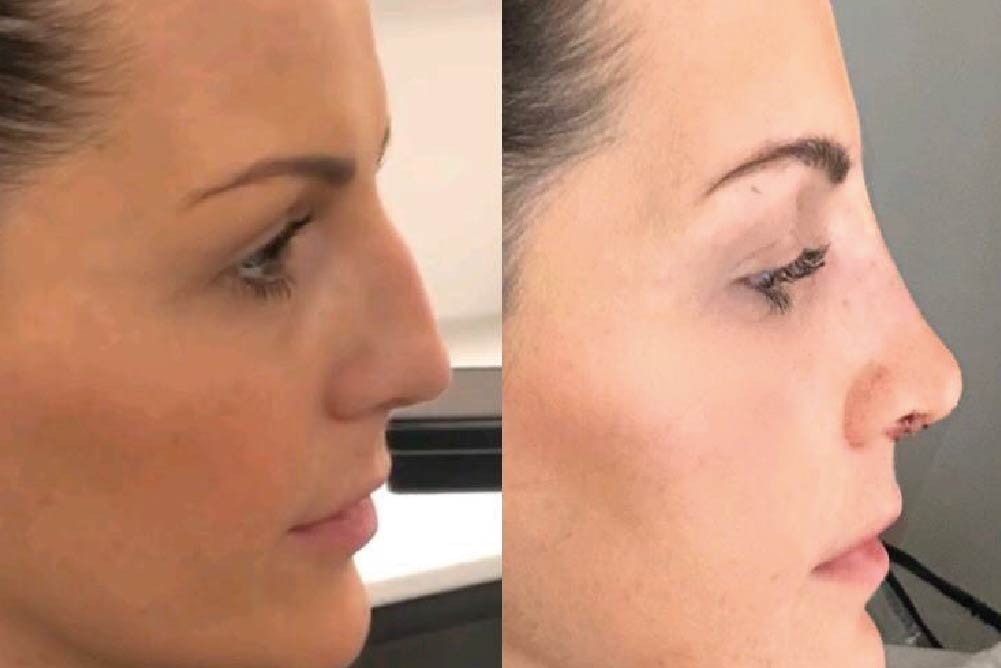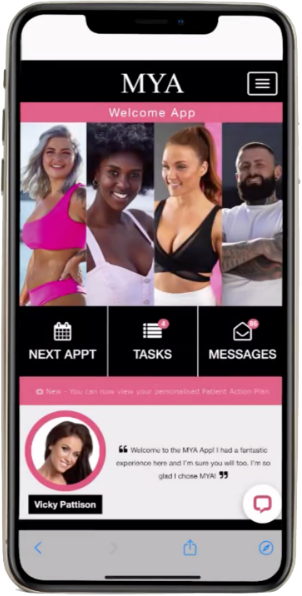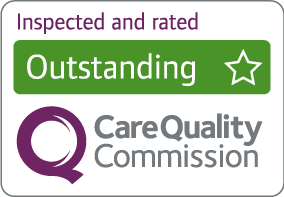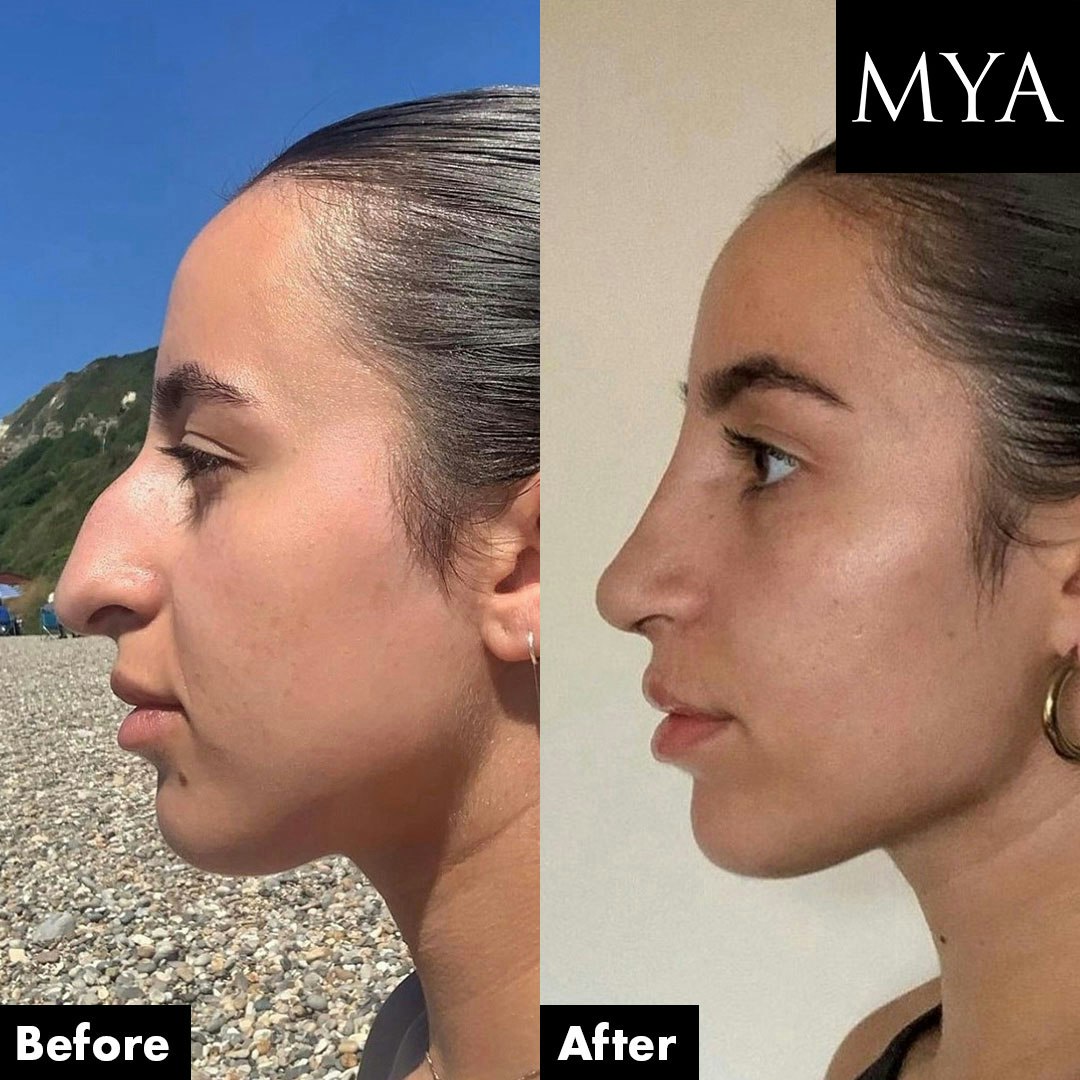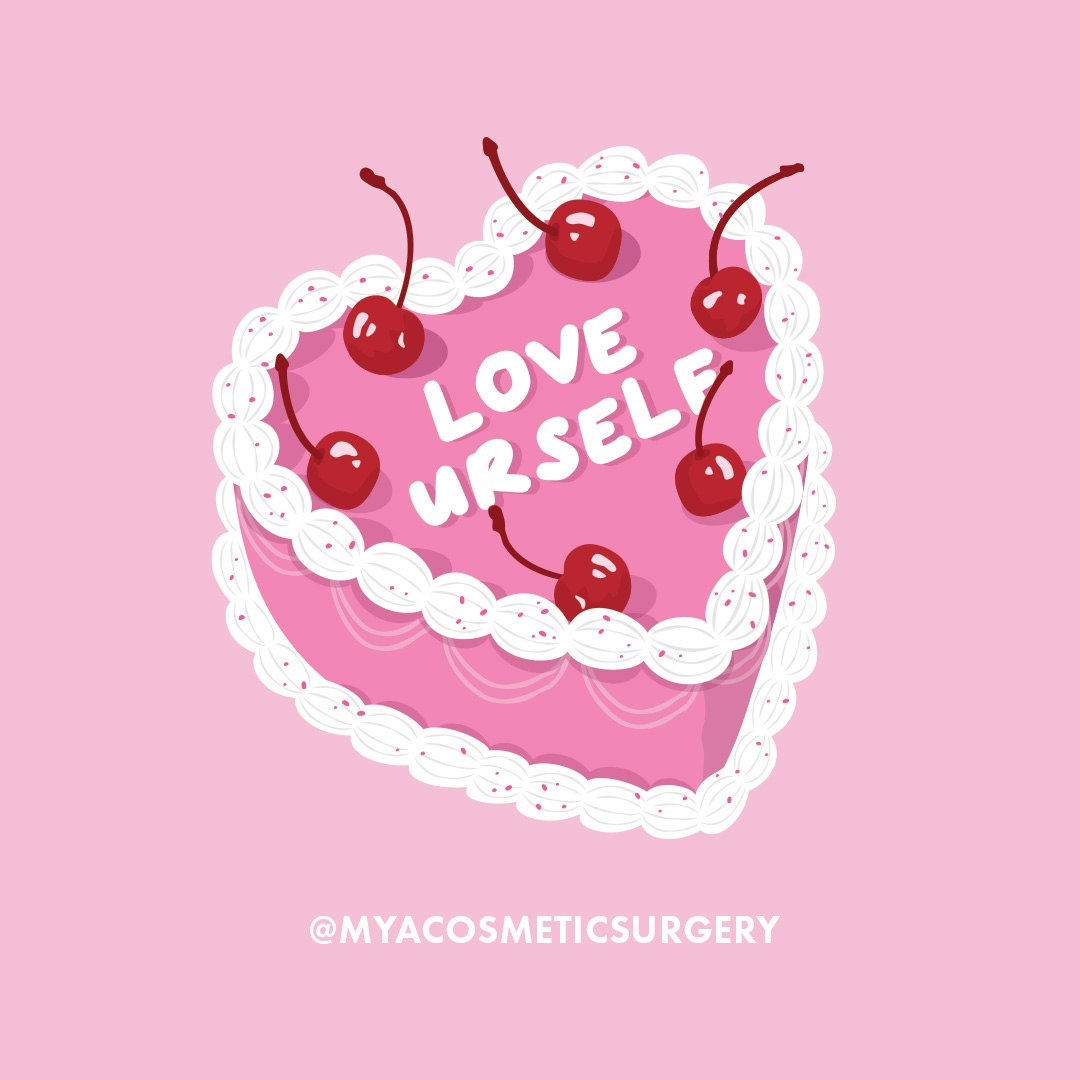Elevate yourself while you sleep
Following nasal surgery, it is advised to sleep on your back, with your head elevated, inclined at a 25-45 degree angle for 7-10 days, this will enable optimal blood circulation helping to reduce swelling. We advise investing in a few extra pillows or a V-pillow (often used during pregnancy) to help keep you propped upright, preventing you from rolling over onto your side and keeping your back supported.
Attend your post-op appointment
Meeting with your experienced nose surgeon at MYA, or a nurse at your local clinical hub, is the perfect chance to check on your recovery. Here, our team will take a look at how you're healing and give you the chance to ask any questions you have about life post-nose job.
You will be invited for a post-op appointment after the surgery has taken place.
During these appointments, many of our patients ask 'Is rhinoplasty recovery painful?' and we assure them that discomfort is normal and expected during the first stage of recovery.
Providing you follow all post-op advice, any pain or discomfort should wear off over time. However, if you experience high levels of pain long after your rhinoplasty surgery, give your local clinical hub a call.
Avoid hot showers
While you are still wearing your nose splint (cast) you should avoid hot showers and baths, as the hot steamy water can cause you to sweat and may loosen the splint and increase swelling.
Eat a balanced diet
Salt can worsen swelling, so we recommend avoiding foods and drinks containing high salt content during recovery (this is usually stated on the side of food packaging). Sticking to a balanced diet and eating lots of leafy greens, eggs and yogurt and other sources of vitamin K will help to relieve swelling.
Don't blow your nose
It is vital that you don't blow your nose during recovery from rhinoplasty surgery. Patients must avoid blowing their nose and be cautious when sneezing for up to 6 weeks post-op. Try sneezing through your mouth and have a tissue at hand to dab your nose if you need to. Aggressive sneezing and blowing of your nose could affect your final result and damage the new and improved nasal passages.
Take a break from your glasses
Wearing glasses and sunglasses during your recovery process can damage the nose, as the nasal bone is not fully healed and remains soft for several months.
Patients are advised not to wear glasses or sunglasses for 6 months following rhinoplasty surgery to avoid any problems and prevent the newly formed bone and cartilage from getting damaged or misshapen.
If you are unable to do without glasses or wear contact lenses, seek advice from your MYA clinical team.
Keep out of the sun
Avoid sun exposure for at least 6 weeks following your rhinoplasty procedure, patients must always use sunscreen when they are exposed to the sunlight and avoid using sunbeds. Limiting exposure to your nasal skin throughout your recovery will help to keep swelling down and avoid permanent discolouration to external scars.
Stop smoking
All MYA patients must be nicotine-free before having a cosmetic surgery procedure (this includes vapes, nicotine patches and gum). Patients should be nicotine-free for 4 weeks before their surgery and continue to abstain from smoking following the procedure as this restricts blood flow, making healing harder. You must not smoke until your surgeon or clinical team advises it is safe to do so. We recommend patients continue to stop smoking for health benefits but also as nicotine can continue to impact healing and recovery rate post-operatively.
Patience is key!
The saying ‘patience is a virtue' really applies when it comes to your rhinoplasty recovery. Patients should take each day as it comes and try not to focus too much on comparing yourself to others, your healing will develop day by day, as the swelling and bruising begin to subside and it can take up to 1 year to see your final rhinoplasty result.
Limit exercise after rhinoplasty surgery
Strenuous exercise after nose reshaping surgery is a no-go during the recovery process.
Doing vigorous exercise and taking part in contact sports before being signed off by your surgeon can increase blood pressure, swelling and pain. Not only can this increase rhinoplasty recovery time, but it can also have an impact on the final result.
Most patients find they can get back to the gym properly 8 weeks after surgery. However, it's important to take it slow and ease your way back in - don't jump straight into lifting the heaviest weights.
